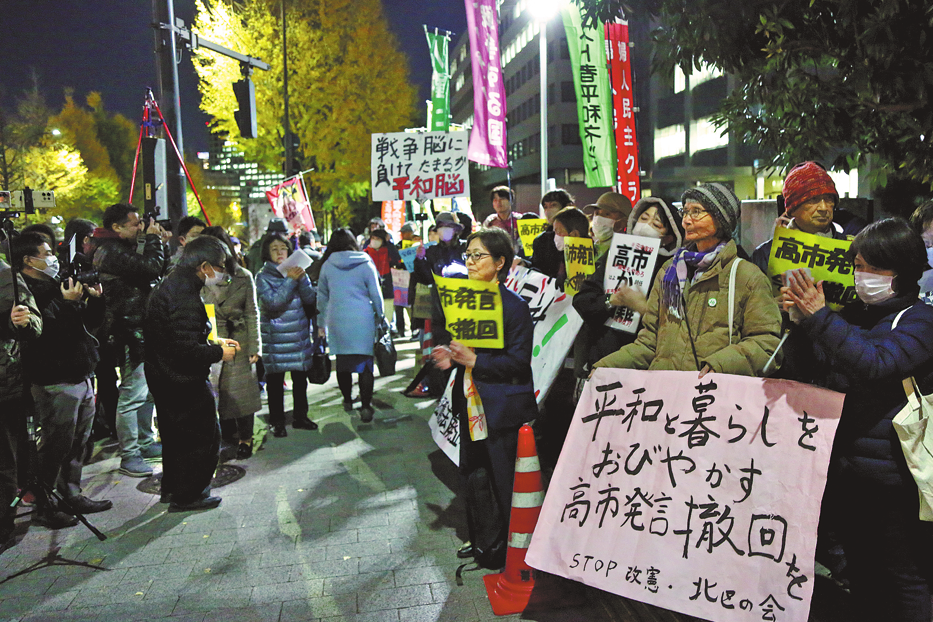Experts commend CPEC expansion to Afghanistan


Extending the China-Pakistan Economic Corridor to Afghanistan is a significant step toward building a future based on connectivity, stability and shared prosperity, experts say.
The foreign ministers of China, Pakistan and Afghanistan agreed at a recent meeting to deepen Belt and Road cooperation, promote the CPEC's extension into Afghanistan and enhance regional connectivity infrastructure development.
Chinese Foreign Minister Wang Yi chaired the informal meeting on May 21, which was attended by Pakistan's Deputy Prime Minister and Foreign Minister Mohammad Ishaq Dar and Afghanistan's Acting Foreign Minister Amir Khan Muttaqi.
The trilateral agreement has been positively received. Moiz Farooq, executive editor of Pakistan's Daily Ittehad Media Group, said for a country like Afghanistan — which has been marred by decades of conflict, isolation and economic hardship — the move offers a real opportunity for integration into the regional and global economy.
Through the CPEC, Pakistan has witnessed major transformations such as the development of its Gwadar Port, new highways, power plants and special economic zones, he said.
"If replicated in Afghanistan, these developments could become game changers for the country's stability and economic independence.
"It will open its doors for trade, investment, energy projects and infrastructure development — initiatives that can directly improve livelihoods and help rebuild the nation's economic foundation," Farooq said.
The projects envisioned under the extension — such as cross-border roads and even digital connectivity — could help reduce Afghanistan's reliance on aid and position it as a partner in regional commerce.
Salman Bashir, former Pakistani ambassador to China, said that extending the CPEC to Afghanistan is a logical step for the future.
The move will continue to highlight Pakistan's importance in the economic venture, but more importantly, it would be a significant step toward regional stability and development, said Bashir, who has served as Pakistan's foreign secretary.
"A range of measures can encourage greater economic integration between China, Afghanistan and Pakistan," he said.
Imtiaz Gul, executive director of the Center for Research and Security Studies in Pakistan, said Afghanistan's inclusion is extremely important as it serves as the key link for extending the CPEC from South Asia into Central Asia.
Boosting trade
Afghanistan's TOLOnews quoted Zia Ahmad Takal, head of public relations at the Foreign Ministry, as saying, "The foreign minister considers China one of Afghanistan's important economic partners and said that in the near future, both countries will focus on boosting trade."
Regarding the outcome of the meeting, political analyst Shamsur Rahman Ahmadi told TOLOnews, "These meetings can instill confidence in the global community that the Afghan government seeks positive relations with all countries."
Farooq said the corridor extension can serve as a confidence-building measure in the region. "A connected Afghanistan is a peaceful Afghanistan, and a peaceful Afghanistan benefits everyone — from Pakistan and China to the broader region."
China's move stands out as a practical demonstration of how development can be used as a tool for peace, he said. "This is not just an economic corridor — it's a lifeline for a more stable and connected region."
Guo Xuetang, director of the Research Centre for South Asia and Indian Ocean Studies at Shanghai University of International Business and Economics, said the move has far-reaching implications, extending beyond the three countries, for South Asia and the world.
"It becomes a model (for governments) to discard any disputes or differences, build on consensus in understanding so as to prioritize developing connectivity and improving the livelihood of its people," he said.
vivienxu@chinadailyapac.com
































